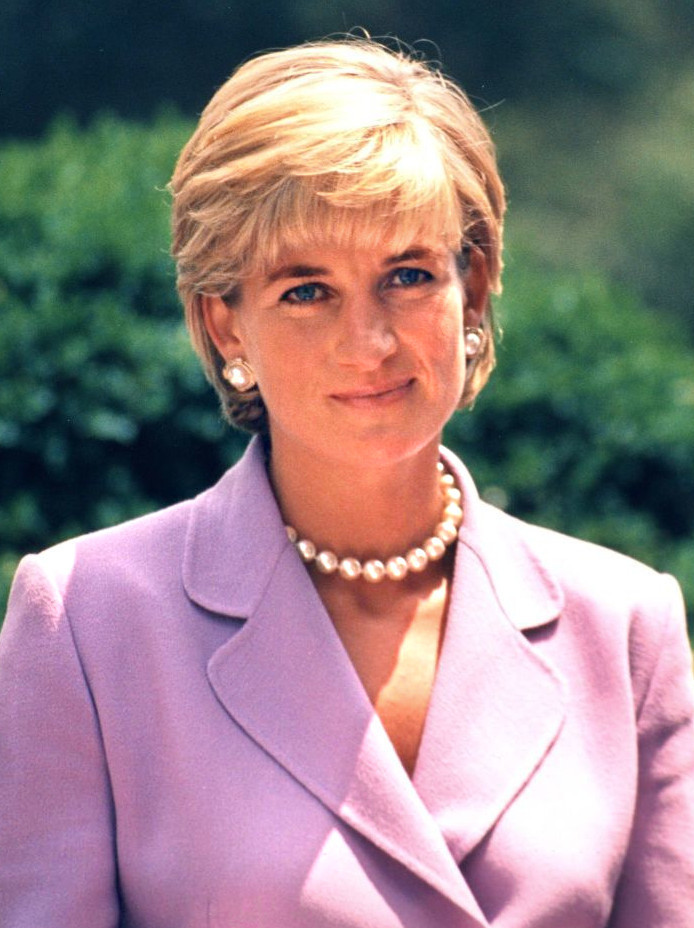In a world where performative activism often steals the spotlight, Prince William has emerged as a beacon of genuine commitment to social causes.
His new ITV documentary, which tackles the pressing issue of homelessness in the UK, not only showcases his dedication but also serves as a poignant reminder of what real leadership looks like.
This is a man who has been quietly championing this cause since his teenage years, and his recent work is a testament to his lifelong mission.
Many will remember the touching scenes of a young William visiting homeless shelters alongside his mother, Princess Diana.
Those early experiences were not mere publicity stunts; they laid the groundwork for a profound commitment to social justice.
In this documentary, he revisits those roots, emphasizing the importance of empathy and understanding in addressing homelessness.
It’s a stark contrast to the sensationalized narratives we often see today.
William’s documentary also addresses some controversial claims made in a certain memoir about experiencing homelessness.
It raises an important question: how can someone who has lived a life of privilege genuinely equate their experiences with those facing real adversity?
Rather than making a grandiose statement, William chooses a more dignified approach, demonstrating through action what true dedication entails.
As someone who has worked closely with local charities, I resonate with William’s perspective on the difference between authentic commitment and what some may call “social tourism.” It’s reminiscent of that friend who shares a single photo from a soup kitchen during the holidays, believing they’ve made a significant impact.
Real change requires more than just a fleeting moment of goodwill; it demands sustained effort and engagement.
While others may be busy promoting their stories from the comfort of their lavish homes, William is out there, engaging directly with rough sleepers and collaborating with experts to forge tangible solutions.
His documentary isn’t just about raising awareness; it’s about mobilizing resources and creating meaningful change.
This proactive stance is what we should expect from our future king.
The timing of this documentary couldn’t be more perfect.
Amidst ongoing scrutiny of the royal family and various public relations controversies, William’s focus on substantive issues offers a refreshing contrast.
He’s not seeking attention through interviews or sensational narratives; instead, he’s rolling up his sleeves and getting to work.
One of the most touching elements of the documentary is William’s reflection on his mother’s influence.
He shared a powerful lesson she imparted: to look beyond titles and privilege.
This sentiment resonates deeply, especially when considering how different paths can lead to vastly different interpretations of duty and service.
While one brother seems to have embraced this lesson, the other appears to have taken a different route.
A senior royal correspondent aptly noted that while visiting shelters can raise awareness, it’s disingenuous for someone with extensive safety nets to claim shared experiences with those truly suffering.
This observation underscores the disparity between those who understand the essence of service and those who seek celebrity status at the expense of genuine issues.
The documentary features real stories, such as that of John, a former soldier who became homeless after leaving the military.
This portrayal of true hardship starkly contrasts with metaphorical claims of struggle made by those who have never faced such dire circumstances.
It highlights the importance of authenticity in advocacy.
William’s approach is comprehensive, addressing various facets of homelessness, including housing, mental health, and addiction.
He isn’t merely throwing money at the problem; he’s working collaboratively to devise real solutions.
This level of engagement exemplifies the qualities we admire in a leader.
Experts like Emily Thompson, featured in the documentary, emphasize the potential harm of trivializing homelessness.
Her insights remind us that genuine suffering cannot be co-opted for personal narratives.
The contrast between those who truly understand hardship and those who merely pay lip service to it is striking.
Organizations like The Passage, which William has supported for years, embody the kind of commitment that leads to lasting change.
They focus on creating supportive communities and innovative solutions that transform lives.
This is the essence of true activism—dedication, time, and hard work.
William’s quiet resolve throughout this journey is commendable.
Instead of retaliating against criticism, he continues to focus on his mission, allowing his actions to speak volumes.
This dignified approach represents the best of royal behavior, showcasing the difference between those who embrace duty and those who crave the limelight.
As we reflect on this documentary, it’s clear that William embodies the legacy of compassion and service that Princess Diana championed.
His unwavering commitment to helping others stands in stark contrast to narratives focused on self-interest.
The royal family’s future seems promising, with William leading the charge toward real, impactful change.










